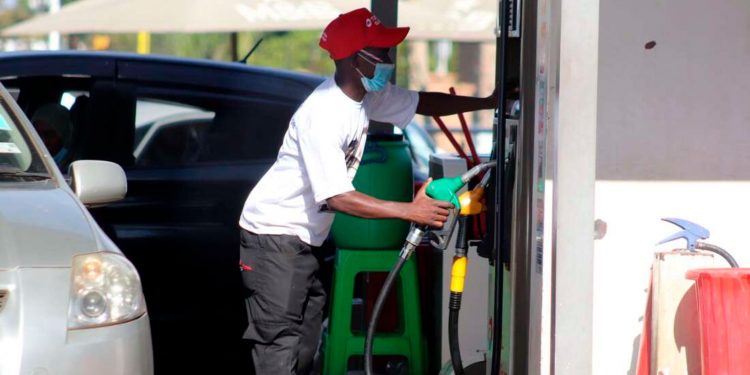By Ebi Kesiena
Nineteen petrol stations in Kigali, located within designated wetlands, are set for closure by the end of November as part of Rwanda’s broader initiative to restore and protect these sensitive ecosystems.
The Rwanda Utilities Regulatory Authority (RURA) announced the move, which aligns with national efforts to combat climate change, preserve biodiversity, improve water quality, and enhance Kigali’s urban landscape.
Collaborating with the Rwanda Environment Management Authority (REMA) and the City of Kigali, the Ministry of Infrastructure conducted an assessment of petrol stations within wetland areas.
After evaluating their environmental impact, authorities categorized the stations to determine those that could be decommissioned without disrupting Kigali’s fuel supply. In the first phase, nine stations were identified for closure, while others were granted additional time to comply with relocation regulations.
In an August meeting chaired by the Minister of Environment, city and regulatory officials, along with affected station owners, outlined the decommissioning steps. The owners were given a 30-day window to initiate fuel storage drainage, signaling the start of the relocation process.
RURA subsequently issued formal notices emphasizing the importance of adhering to decommissioning and relocation requirements.
According to Program Manager for Environmental Mainstreaming and Biodiversity Management, Martine Uwera, Rwanda has been committed to environmental protection since 2005, when the Organic Law on Environment mandated the relocation of activities from government-owned wetlands.
Uwera noted that the petrol stations in question had received five years to move in 2019, but many failed to comply, prompting this recent enforcement push.
“The government, in collaboration with the City of Kigali, is committed to enforcing environmental laws to protect public health and ensure a sustainable future for all Rwandans,” Uwera stated.
She further highlighted that petrol stations in wetland areas contribute to pollution and public health risks, while wetlands are essential for stormwater management and water quality.
Petrol station owners were given until the end of November to comply, after which the government will assess each case individually for further action.
Currently, Rwanda hosts 337 licensed petrol stations, 129 within Kigali. National regulations mandate a minimum distance of 1,000 meters between stations on the same road side, further underscoring the government’s drive to align infrastructure with environmental standards.




































